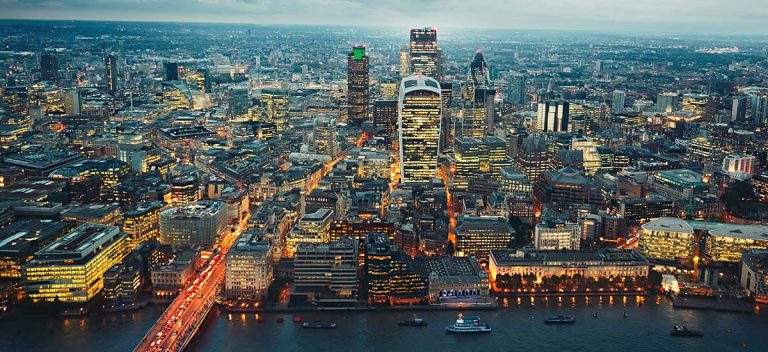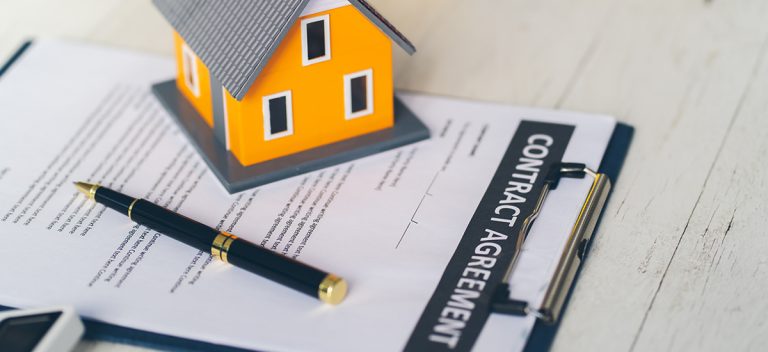The United Kingdom is most likely already on your list of “Areas to Invest in.” The United Kingdom is a good destination for property investment since home prices are growing in many cities, communities are being transformed by significant improvements, and regeneration initiatives are projected to increase general economic growth. Before starting to curate your UK property portfolio, the first step is of course to prepare your investment capital, and then identify the areas you prefer to invest in. At the same time, be sure to be aware of these points to note as a landlord. Read on and see a list of regulations that would affect you as a landlord.

1. Energy Performance Certificate (EPC) (能源效益報告)
The main goal of the Energy Efficiency Report (EPC) is to evaluate how well each piece of electrical equipment in the unit consumes energy. It simply refers to the quantity of energy saved. The higher the rating, the more energy-efficient the appliance. (the highest is A and the lowest is G). All residential property landlords in the UK are required to obtain an EPC before renting out their property. According to the government’s Domestic Minimum Energy Efficiency Standard (MEES) Regulations, all residential buildings must have an EPC rating of E or above by April 1, 2020. Each EPC has a validity span of ten years. New leases must have an EPC rating of C or above starting in 2025.
2. Gas Safety Certificate (氣體安全證書)
According to The Gas Safety (Installation and Use) Regulations 1998 (GSIUR), the landlord must appoint a qualified individual to conduct an annual inspection of all gas equipment in the rental unit, including gas water heaters or gas cooking stoves, heating pipes or chimneys, and other related equipment (gas appliances, fittings, chimneys, flues and pipework). Following the examination, the landlord will be issued a gas safety certificate (also known as a CP12 or a gas safety certificate), which must be retained for a minimum of two years. The tenant must get the appropriate credentials at the time of rental.
3. Electrical Installation Condition Report (EICR) (電力及家電安全證書)
The Electrical Safety Standards in the Private Rented Sector (England) Regulations 2020 require landlords to find a competent professional to do electrical inspections for rental homes every five years beginning in June 2020. The report, also known as an Electrical Installation Condition Report (EICR), will evaluate all wiring, the major electrical system, the lighting, and any built-in appliances such as exhaust fans. The certificate must be presented to the renter prior to the start date. Other household appliances (if given) are not required by law to offer a safety certificate, but it is advised that the owner hire a certified electrician for inspection (Portable Appliance Testing (PAT)), which can reassure the renter and prevent subsequent concerns.
4. Tenancy Deposit Scheme (按金保障計劃)
As of April 6, 2007, all tenant deposits must be placed in one of three deposit protection schemes chosen by the UK government. Tenancy Deposit Scheme, MyDeposits, and Deposit Protection Service are the three. If there is no infringement of the tenancy agreement, the deposit may be reimbursed in full at the end of the term. The landlord or leasing agent must deposit the total amount paid into one of the aforementioned programmes within 30 days of receiving the renter’s deposit and provide the tenant with the contact details of the deposit protection company. If the tenant does not violate the conditions of the tenancy agreement after it expires, the landlord or leasing agent must notify the appropriate deposit protection system and request that the security deposit be returned promptly.
Tenancy Deposit Scheme (TDP)
5. How to Rent: The Checklist for Renting in England (租屋指引)
The Assured Shorthold Tenancy Notices and Prescribed Requirements (England) Regulations 2015 require landlords or renting agencies to supply renters with a copy of the most recent “How to Rent” instructions. The guidelines basically address both tenants’ and landlords’ duties and rights. The relevant rules can be downloaded for free from the government’s website. Violators may be able to influence how the construction resumption order is carried out in the future. (Section 21 notice).
How to Rent

6. Fire Safety (消防安全設施)
Landlords are required to install the following fire safety components:
On each floor, at least one smoke detector (Smoke Alarm) must be installed and working. If the home has a fireplace that burns charcoal or wood, the room must have at least one working carbon monoxide detector. For the furniture to be used on the property, the Fire Protection Regulations Furniture and Furnishings (Fire) (Safety) Regulations of 1988 must be observed. If the unit is part of shared housing or HMO, a fire extinguisher must be provided. (House of Multiple Occupancy).
Furniture and Furnishings (Fire) (Safety) Regulations 1988
Benham & Reeves is fully committed to offering rental investors a full lettings service and taking care of your buy-to-let property should you need us to manage it on your behalf. If you have any questions or would need our assistance in identifying your ideal investment property or property management service, please contact our experienced team in Hong Kong here.

